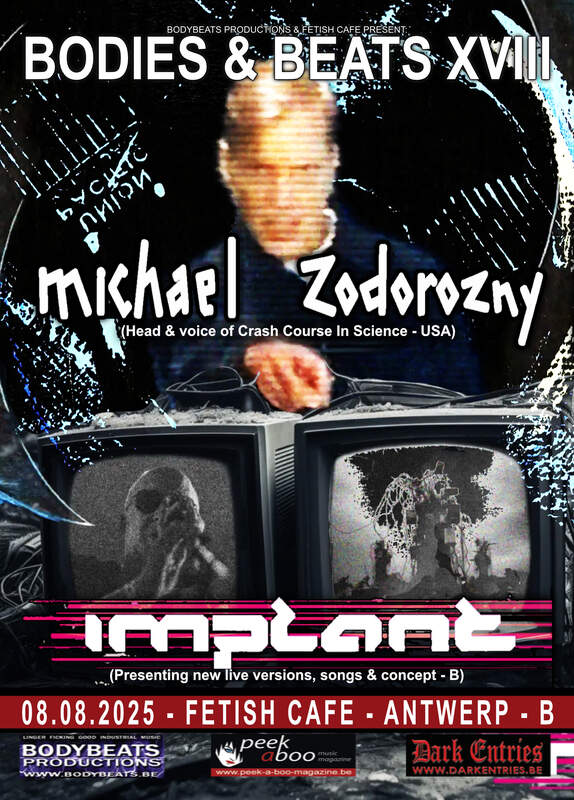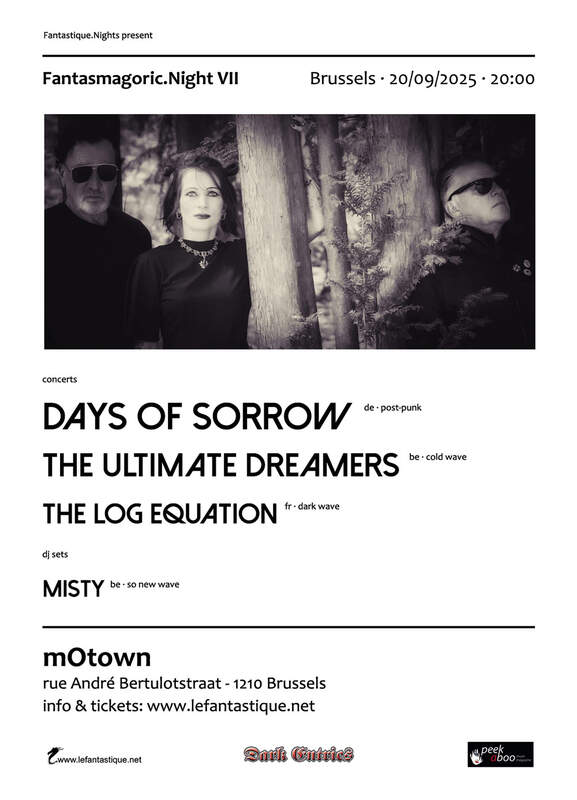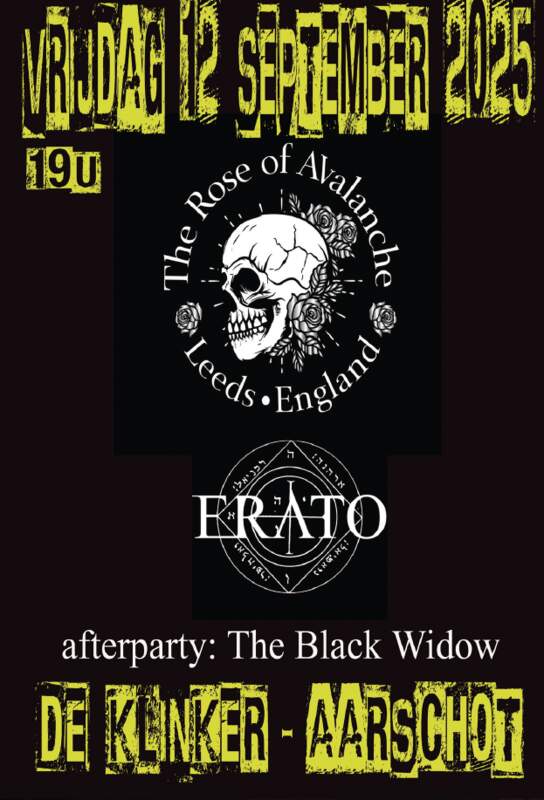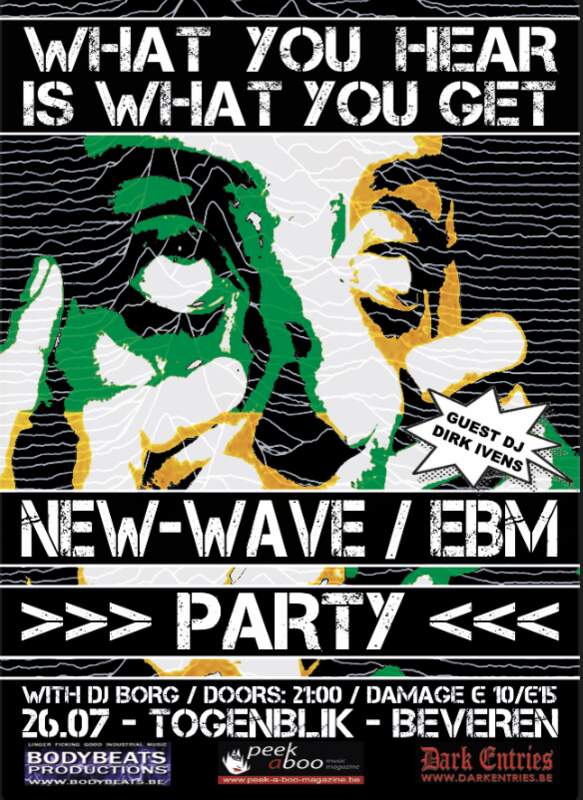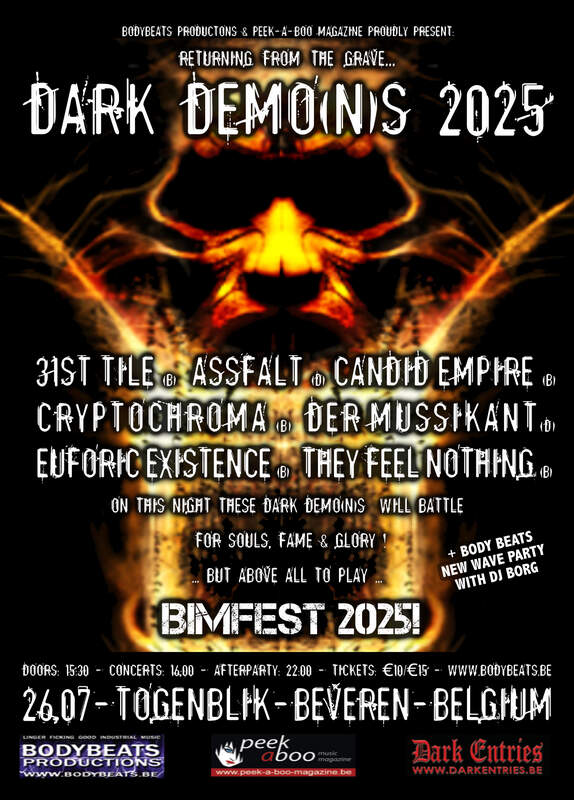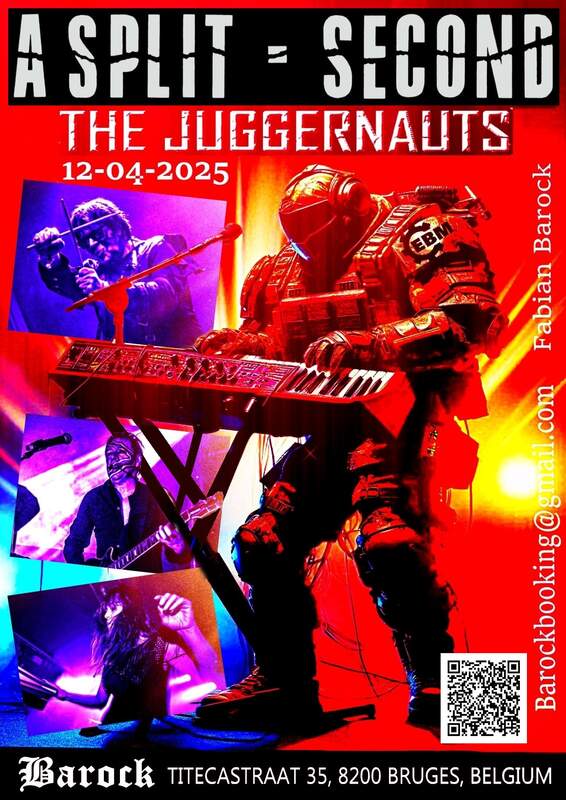On this day 5 years ago, March 22, 2020, the world lost Gabi Delgado, an influential musician, lyricist, and pioneer of electronic music. As the frontman of Deutsch Amerikanische Freundschaft (DAF), Delgado played a crucial role in shaping the sound and aesthetic of electronic body music (EBM), industrial, and synth-punk, leaving behind a legacy that continues to inspire generations of artists.
Born Gabriel Delgado-López on April 18, 1958, in Córdoba, Spain, he moved to Germany as a child, where he became immersed in the punk and electronic music scenes of the late 1970s. It was in Düsseldorf that he met Robert Görl, with whom he would form DAF. Together, they created a raw, minimalist sound that fused Kraftwerk-inspired electronics with provocative, commanding vocals and relentless rhythms. Their music became the foundation of EBM, influencing acts like Nitzer Ebb, Front 242, and countless others.
DAF’s breakthrough came with albums like Alles ist gut (1981), Gold und Liebe (1981), and Für immer (1982), which introduced anthems such as Der Mussolini and Alle gegen alle. Delgado’s aggressive, yet often playful lyrics, delivered with his signature intensity, cemented his reputation as one of the most charismatic frontmen in alternative electronic music.
After DAF’s initial split, Delgado pursued solo projects and collaborations, experimenting with house, techno, and other electronic genres. His 1986 solo album Mistress showcased his ability to adapt and evolve beyond DAF’s signature style. Later, he continued working with Görl on DAF reunions, proving that their impact had not waned with time.
Beyond music, Delgado was an uncompromising artist, a provocateur who pushed boundaries and defied conventions. His influence on electronic music remains undeniable, and his legacy endures in the beats and rhythms of today’s underground electronic and industrial scenes.
As we remember Gabi Delgado on this day, we celebrate his fearless artistry and the lasting imprint he left on music. His voice, vision, and energy will forever echo through the speakers of those who continue to be moved by his work.





